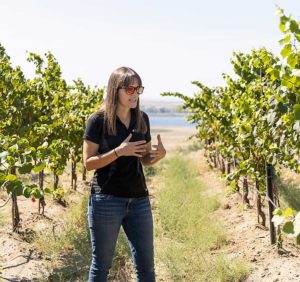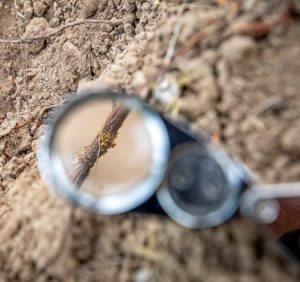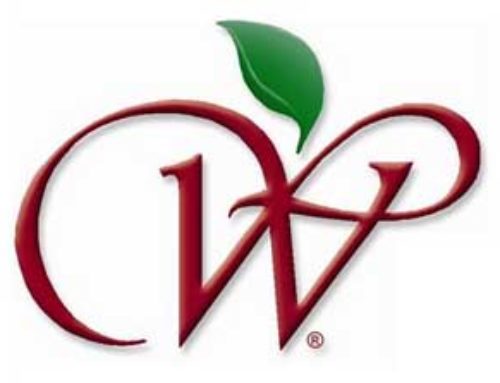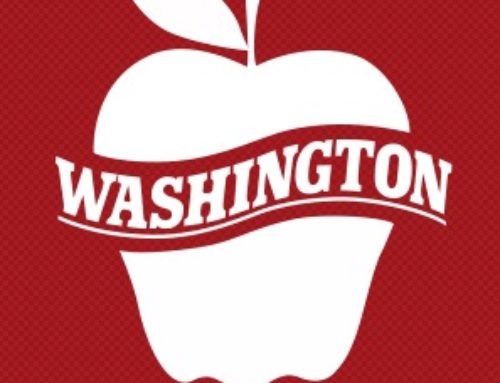The Washington State Wine Commission announced in a press release it has awarded almost $1 million in research grants through the statewide grape and wine research program and its own grant program. The commission’s board of directors approved 24 projects totaling approximately $994,184 for the upcoming fiscal year, July 2022 to June 2023.
With sustainability the theme for research in the coming year, WSU is working to develop sustainable management strategies and tools that wine grape growers can use in the newly launched Sustainable WA certification program. WSU scientists will evaluate innovative techniques to control pests and diseases, such as combining attractants with drone release of beneficial predators, using pheromones to disrupt the mating of grape mealybug, trialing ultraviolet light in vineyards to control powdery mildew and growing cover crops to trap or trick nematodes that feed on grapevine roots. A long-term research vineyard will be planted to study the effects of traditional and novel viticultural practices on soil health.
Winery projects will include developing a predictive model of Raman spectroscopy and machine learning to make wine analysis faster and easier, mitigating potential impacts on grapes from smoke exposure and using native yeasts to reduce wine alcohol concentrations.
Research teams from WSU and University of California, Davis are collaborating to better understand condensed tannins and develop a novel approach to analysis of tannins in wine. The board also awarded one-year demonstration grants to study acid timing on sensory perception of wine and fund evaluation of different irrigation sensors in a WSU Smart Vineyard.
Wine research in Washington is funded through several competitive grant programs. A statewide program administered by WSU supports viticulture and enology research at WSU, with funding from the Washington State Wine Commission, Auction of Washington Wines, WSU’s Agriculture Research Center and state wine liter taxes (one-quarter cent per liter of all wine sold). Additionally, the wine commission administers a competitive grant program to support short-term, demonstration research at Washington community colleges and studies beyond state borders.
According to the release, previous research has helped growers and wineries reduce pesticide inputs by up to 80 percent, saving the industry $35 million annually; conserve up to 50 percent of irrigation water by using deficit irrigation strategies; and make informed frost and cold protection decisions using a cold hardiness model. Current research projects also have significant potential for economic benefits, including sustainable nematode management tools for replant situations, protecting an estimated $44 million in annual replanting costs, and helping growers assess risk for phylloxera and delay replanting with rootstocks, which costs $25,000 per acre.
For more information about the Washington wine industry’s research program and a list of the 2022–23 research projects, go to the Washington State Wine Commission website at: washingtonwine.org/research/fy23-research-projects, or contact Melissa Hansen, research program director at: mhansen@washingtonwine.org.
—by Jonelle Mejica








Leave A Comment